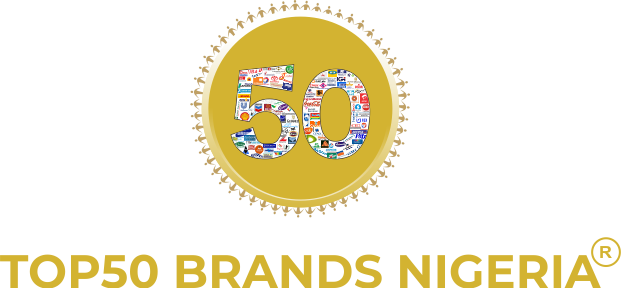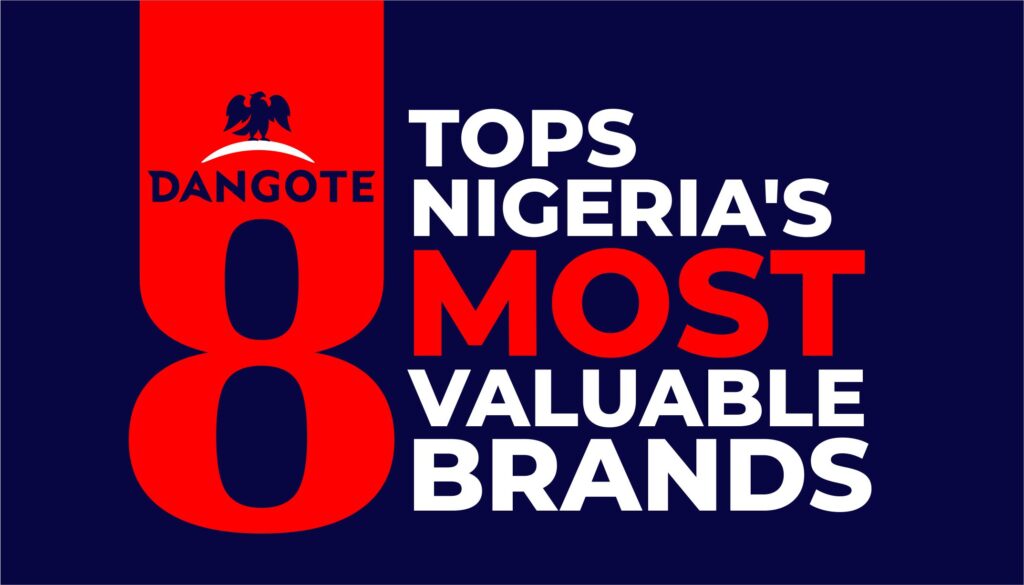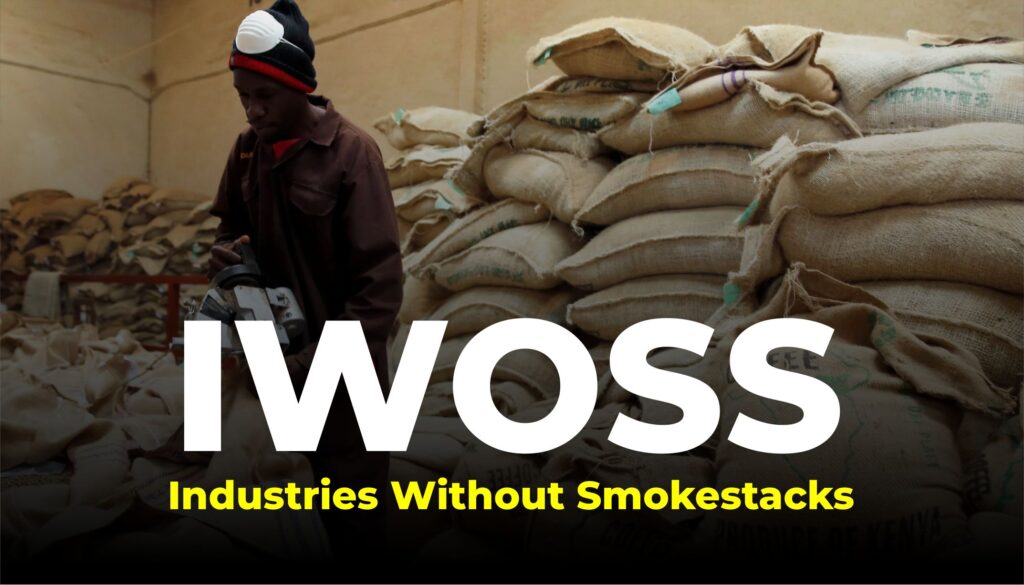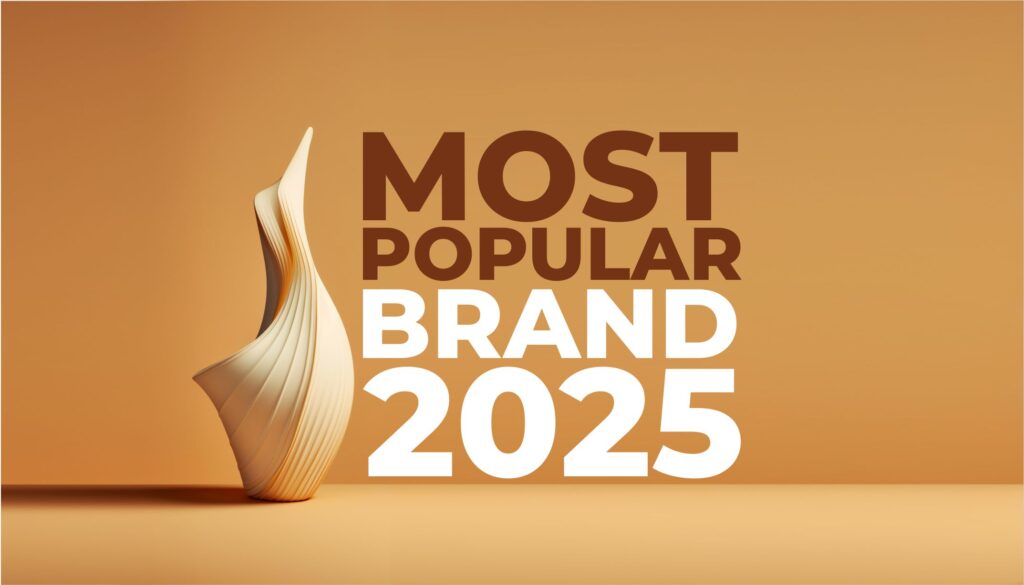Eko Atlantic City- 10 Brands to Watch 2025

Full Name | Eko Atlantic City |
Year of Conception | Mid-2000s (construction began in 2008) |
Website | |
Headquarters / Location | Victoria Island, Lagos, Nigeria |
Developer | South Energyx Nigeria Limited (Chagoury Group subsidiary) |
Size / Capacity | 10 million m² of reclaimed land; built for 250,000 residents and 150,000 daily commuters |
Core Features | Mixed-use city: residential, commercial, financial districts, leisure spaces; sustainable infrastructure; independent utilities |
Key Infrastructure | 8.4 km Great Wall of Lagos, modern road network, underground drainage, dedicated power grid, high-speed internet |
Countries of Operation | Nigeria (with international investment partners) |
Flagship Milestone | Completion of the Great Wall of Lagos; development of Marina and Business Districts |
Best Known As | Africa’s boldest coastal city project and a benchmark for resilient, future-focused urban development |
Eko Atlantic City, officially known as Nigeria International Commerce City, is one of Africa’s most ambitious urban development projects and a symbol of Nigeria’s forward-looking aspirations. Conceived in the mid-2000s and built on land reclaimed from the Atlantic Ocean, the project was designed to tackle severe coastal erosion along Bar Beach in Lagos and to provide a modern extension of Victoria Island. Today, Eko Atlantic is rising as a smart, self-sufficient city with world-class infrastructure, projected to host 250,000 residents and accommodate over 150,000 daily commuters once completed.
The city is being developed by South Energyx Nigeria Limited, a subsidiary of the Chagoury Group, under a public-private partnership with the Lagos State Government. Central to the project’s foundation is the construction of the “Great Wall of Lagos,” an 8.4-kilometer-long sea revetment that permanently halts ocean surges and protects the new city from coastal erosion. Beyond this, Eko Atlantic incorporates cutting-edge infrastructure such as underground drainage, an independent power supply, high-capacity road networks, and advanced telecommunications systems, positioning it as a model for sustainable urban living in Africa.
EAC has already attracted multinational corporations, financial institutions, and real estate developers, with several towers and luxury developments completed or under construction. The city is also envisioned as an international financial hub, with plans for an offshore banking zone that will strengthen Lagos’s status as West Africa’s commercial capital.










